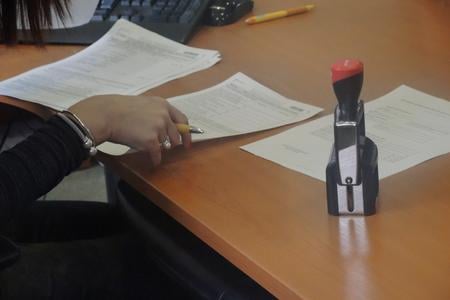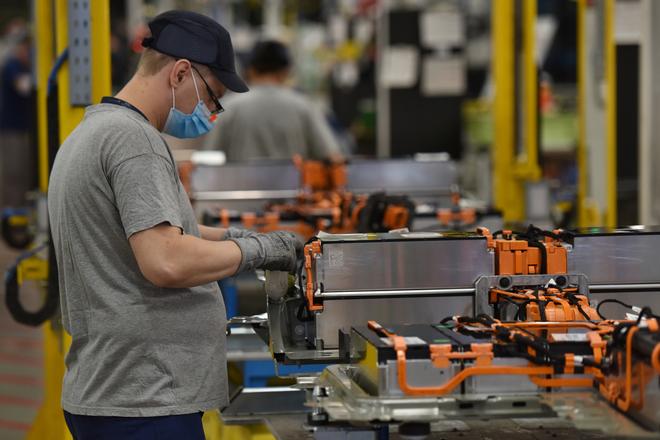A company with four employees working in the production sector spent 224 hours last year dealing with red tape, such as the administration of taxes and payroll levies, records of waste, certification duties, administration accompanying corporate vehicles, etc.
The handling of red tape took seven hours more than the previous year, as stem from the Bureaucracy Index, annually published by the INESS think tank, on the occasion of International Bureaucracy Day on September 29. INESS's aim is to calculate how much time a micro-entrepreneur spends on red tape, and point out the potential obstacles they need to face.
Pandemic as the main factor
The increase in hours spent on red tape mostly resulted from the pandemic measures (such as checking of employees entering the workplace), which required 18 hours.
On the other hand, the number of hours spent on red tape dropped by 11 hours in other parameters. This was particularly due to changes in the registration of vehicles, the cancellation of mandatory meal vouchers and some changes to statistics records.

In addition, INESS appreciated other measures aimed at reducing bureaucracy, prepared by the Economy Ministry, such as the principle that people do not have to bring in a document already is in some database when dealing with selected authorities.
There are still some risks related to the increase in the tax and payroll tax burden, mostly due to the bad state of public finances and the costs of meeting European emission goals.
Other countries involved

Apart from Slovakia, INESS prepared a comparison of hours that companies spent on red tape in other countries.
In the Czech Republic, an average company spends 273 hours dealing with bureaucracy, while in Northern Macedonia it is 146 hours.
Some countries from South America joined the project, but the results will be published later in the autumn, INESS said.



 Companies spent more time with pandemic measures. (source: TASR)
Companies spent more time with pandemic measures. (source: TASR)